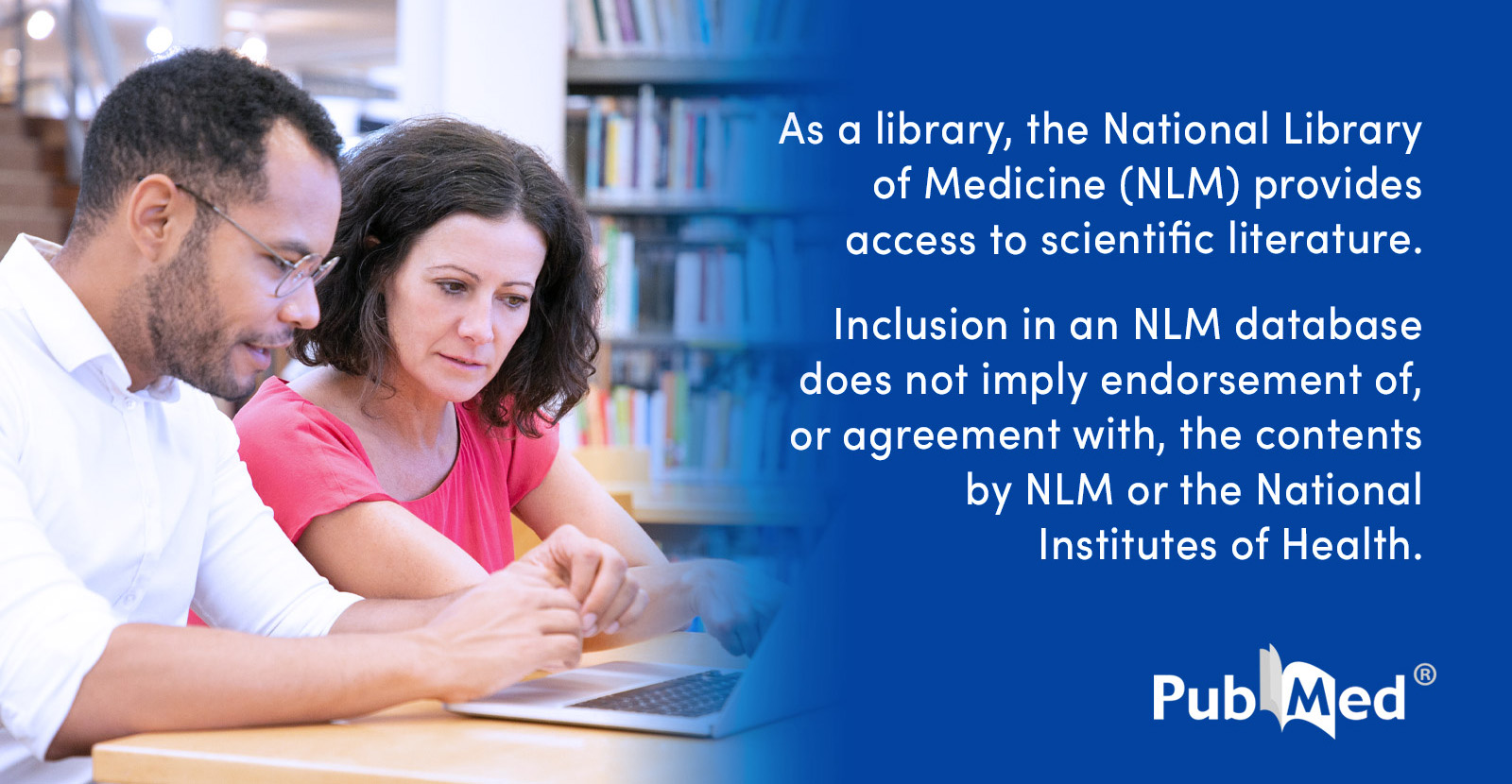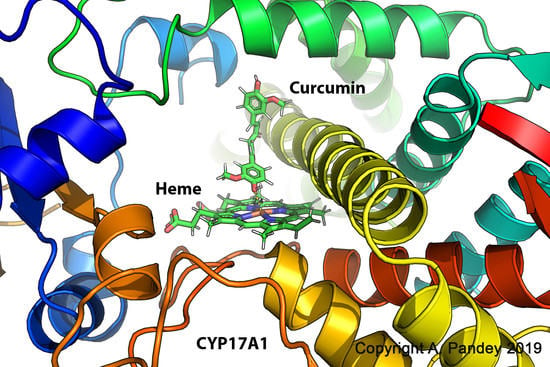Juicewrldfan
Bluelighter
- Joined
- Dec 10, 2022
- Messages
- 1,299
So I think I’m having some aramotose stuff going on. My at is too high of that I’m certain. I am exploring natural AIs. Obviously they won’t be as effective as prescription but maybe that’s a good thing. Think I just need a little help from them.
What do you think of its efficacy and safety for this purpose? What dose would you start with? I know it’s not potent but still interested.

 pubmed.ncbi.nlm.nih.gov
pubmed.ncbi.nlm.nih.gov

 www.mdpi.com
www.mdpi.com
“Figure 8. Effect of curcuminoids on CYP19A1 activity. A dose-response profile is shown indicating the inhibition of aromatase by curcuminoids. A preparation of endoplasmic reticulum obtained from JEG3 placental cells was used as a source of aromatase activity, and tritium-labeled androstenedione was used as a substrate. The CYP19A1 reaction was monitored by calculating the amount of tritiated water released by CYP19A1 during the aromatization of androstenedione. A known inhibitor of CYP19A1, anastrozole (100 nM) was used as a positive control. Curcuminoids showed a small effect on CYP19A1 activity 6.25 µg/mL and higher inhibition was observed at 12.5, 25, 50, and 100 µg/mL concentrations of curcuminoids, indicating natural curcuminoids present in C. longa are not potent inhibitors of aromatase activity. Data are presented as the mean and standard deviation of three independent replicates. One-way ANOVA was used as a statistical method to compare each sample with the control (Ctrl) giving significant results at * p < 0.05 and ** p < 0.001.”
What do you think of its efficacy and safety for this purpose? What dose would you start with? I know it’s not potent but still interested.

Implications and Efficacy of Aromatase Inhibitors in Combination and Monotherapy for the Treatment of Lung Cancer - PubMed
Aromatase inhibition by exemestane or curcumin had significantly inhibited the growth of lung cancer cell lines, synergized with cisplatin, raloxifene, and celecoxib, suppressed lung cancer cell migratory potential, induced apoptosis, and reduced colony formation of lung cancer cells.

Bioactivity of Curcumin on the Cytochrome P450 Enzymes of the Steroidogenic Pathway
Turmeric, a popular ingredient in the cuisine of many Asian countries, comes from the roots of the Curcuma longa and is known for its use in Chinese and Ayurvedic medicine. Turmeric is rich in curcuminoids, including curcumin, demethoxycurcumin, and bisdemethoxycurcumin. Curcuminoids have potent...
“Figure 8. Effect of curcuminoids on CYP19A1 activity. A dose-response profile is shown indicating the inhibition of aromatase by curcuminoids. A preparation of endoplasmic reticulum obtained from JEG3 placental cells was used as a source of aromatase activity, and tritium-labeled androstenedione was used as a substrate. The CYP19A1 reaction was monitored by calculating the amount of tritiated water released by CYP19A1 during the aromatization of androstenedione. A known inhibitor of CYP19A1, anastrozole (100 nM) was used as a positive control. Curcuminoids showed a small effect on CYP19A1 activity 6.25 µg/mL and higher inhibition was observed at 12.5, 25, 50, and 100 µg/mL concentrations of curcuminoids, indicating natural curcuminoids present in C. longa are not potent inhibitors of aromatase activity. Data are presented as the mean and standard deviation of three independent replicates. One-way ANOVA was used as a statistical method to compare each sample with the control (Ctrl) giving significant results at * p < 0.05 and ** p < 0.001.”
